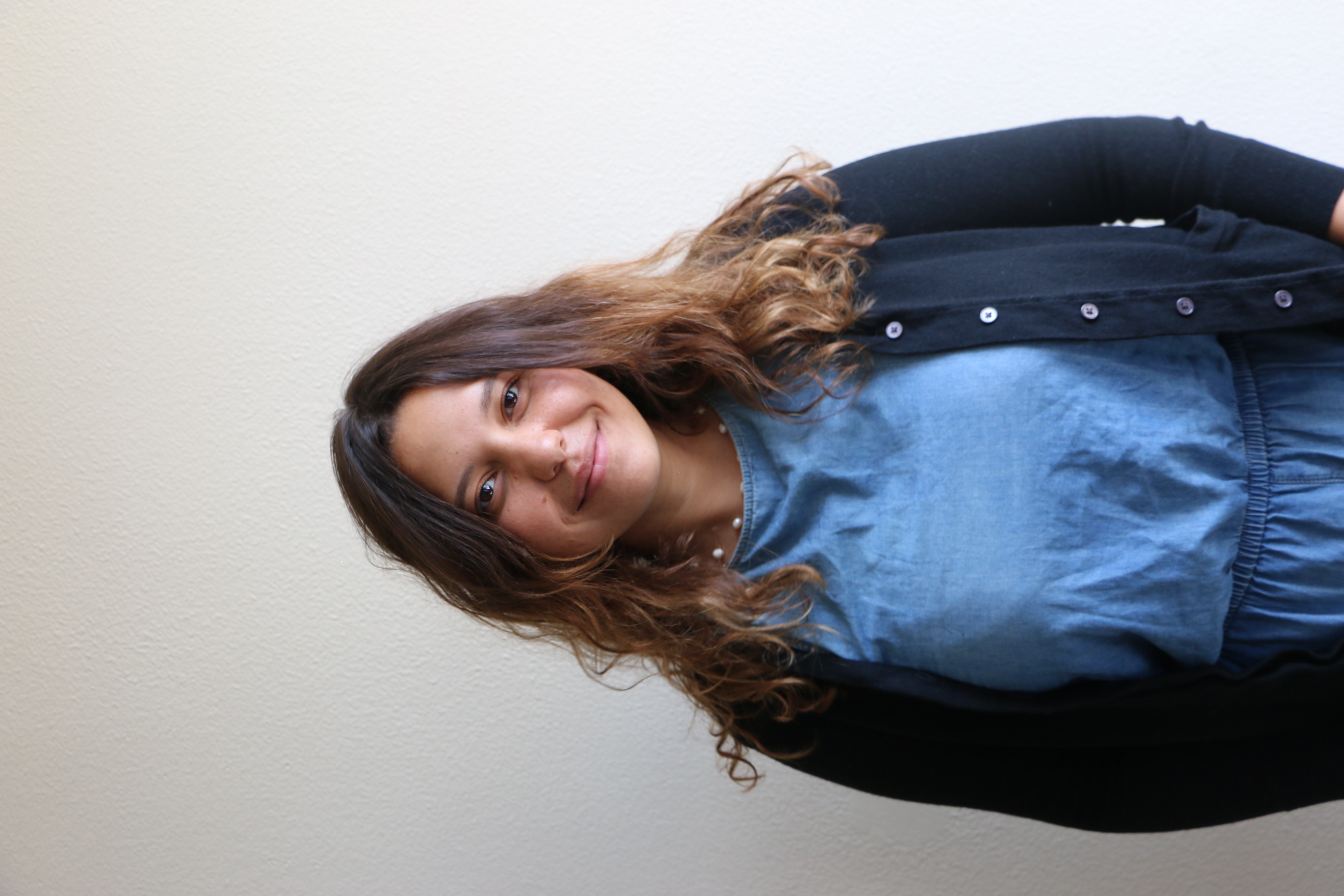Noémi Berlin, Maria José Montoya Villalobos
- Abstract
- This experiment seeks to study the impact of uncertainty and attitudes towards uncertainty on charity donations. We use a modified dictator game, where the donations received by the beneficiaries (environmental NGOs) are exposed to different levels of uncertainty. We study the level of donations and elicit risk aversion, ambiguity aversion, likelihood insensitivity, and pessimism. We aim to test if different levels of uncertainty at the receiver level (risk and ambiguity) impact donations. We do not find any differences between levels of uncertainty compared to no uncertainty. We find that a ``high" level of ambiguity has a significant and negative effect on altruistic behavior compared to a risk or a``low" ambiguity environment. We also find that the effect of pessimism depends on the level of ambiguity. We find no effect of ambiguity aversion, likelihood insensitivity, and pessimism under ``low" ambiguity on altruistic behavior. Meanwhile, under ``high" ambiguity, we find a negative effect of pessimism on charitable giving. These results suggest that there is a threshold for which ambiguity and ambiguity attitudes have a negative impact on donations.
- Mot(s) clé(s)
- Charitable giving, uncertainty, pro-social behavior, ambiguity attitudes

 Please wait ...
Please wait ...